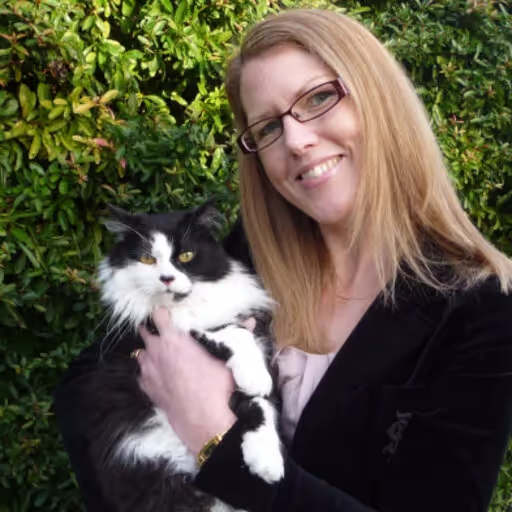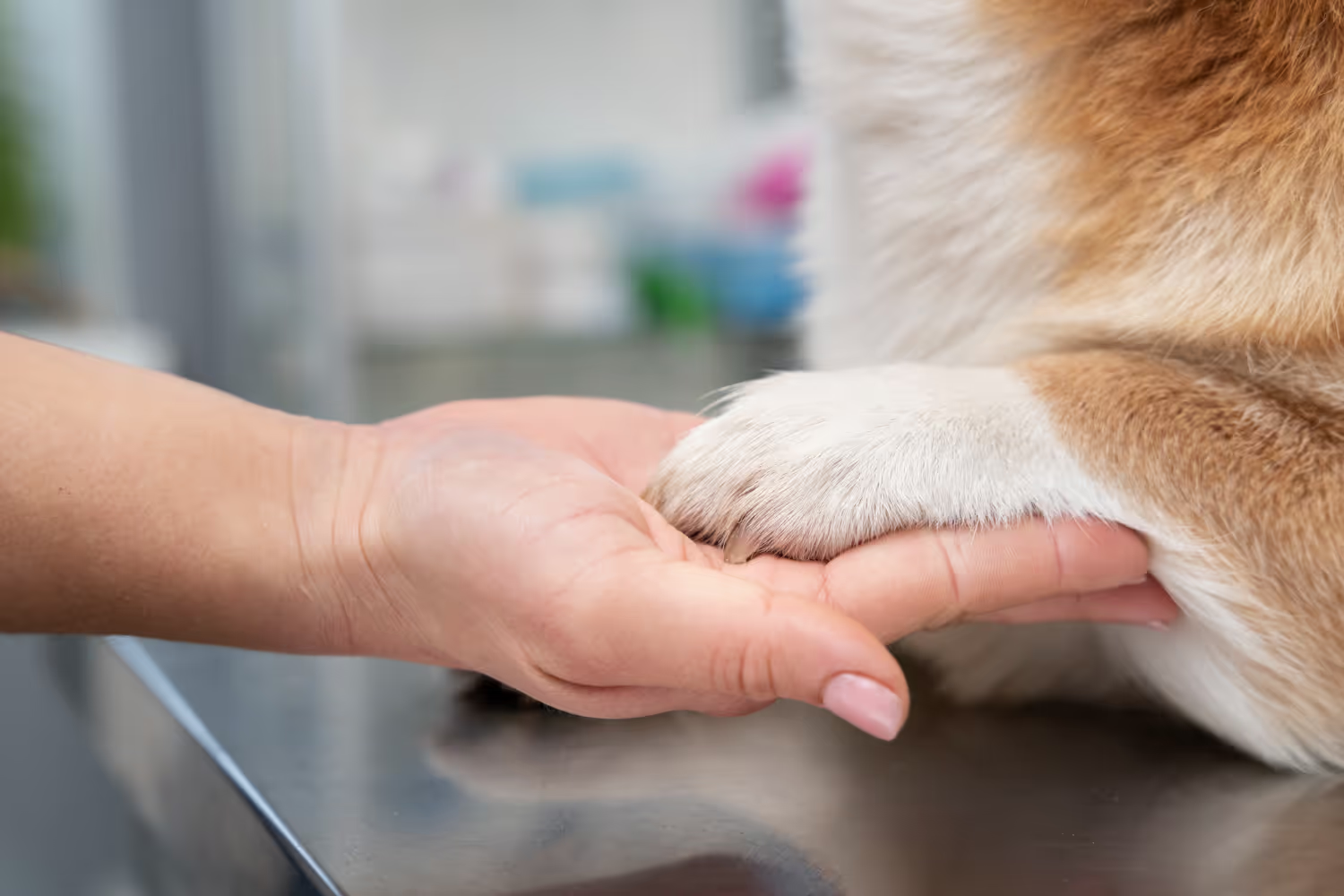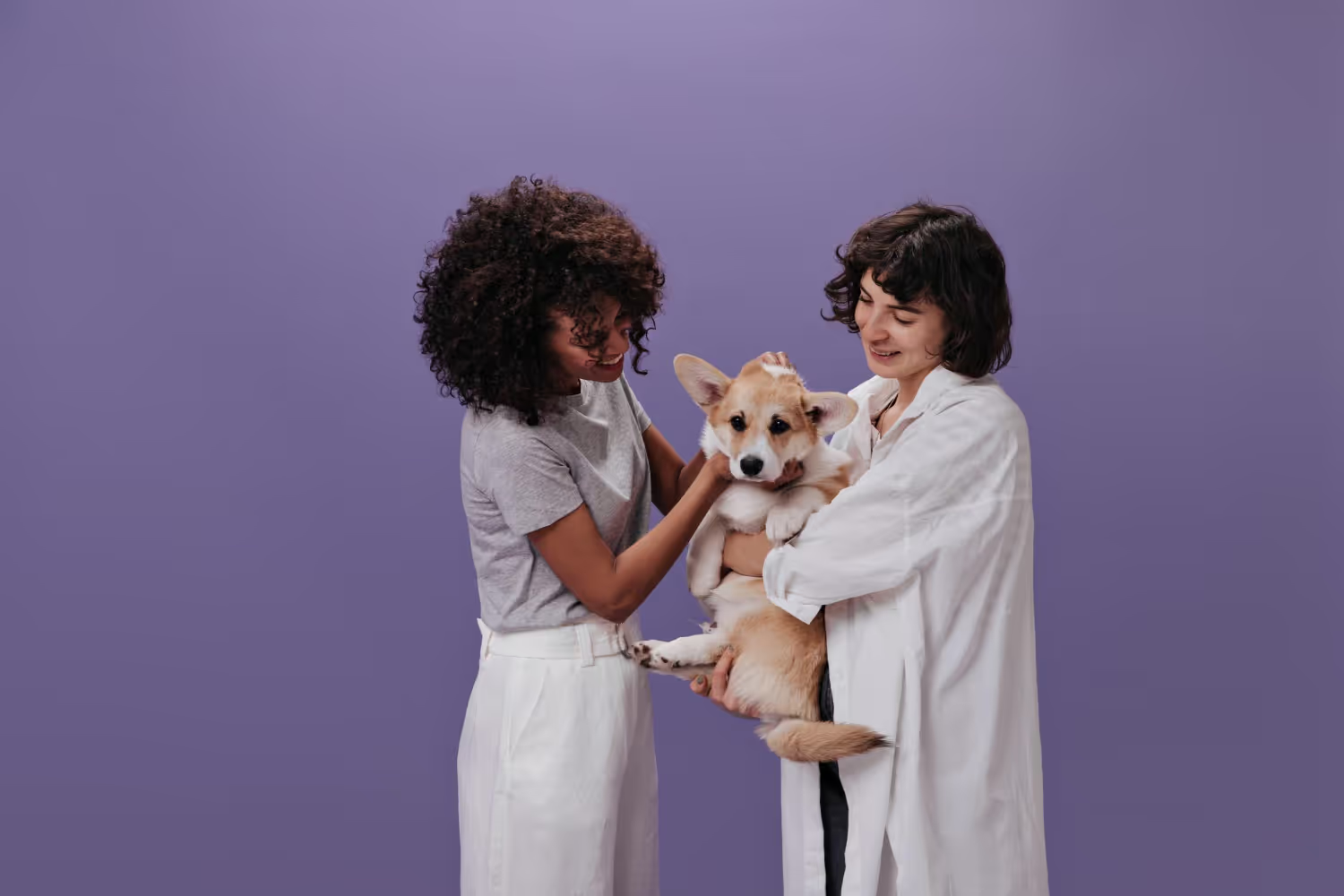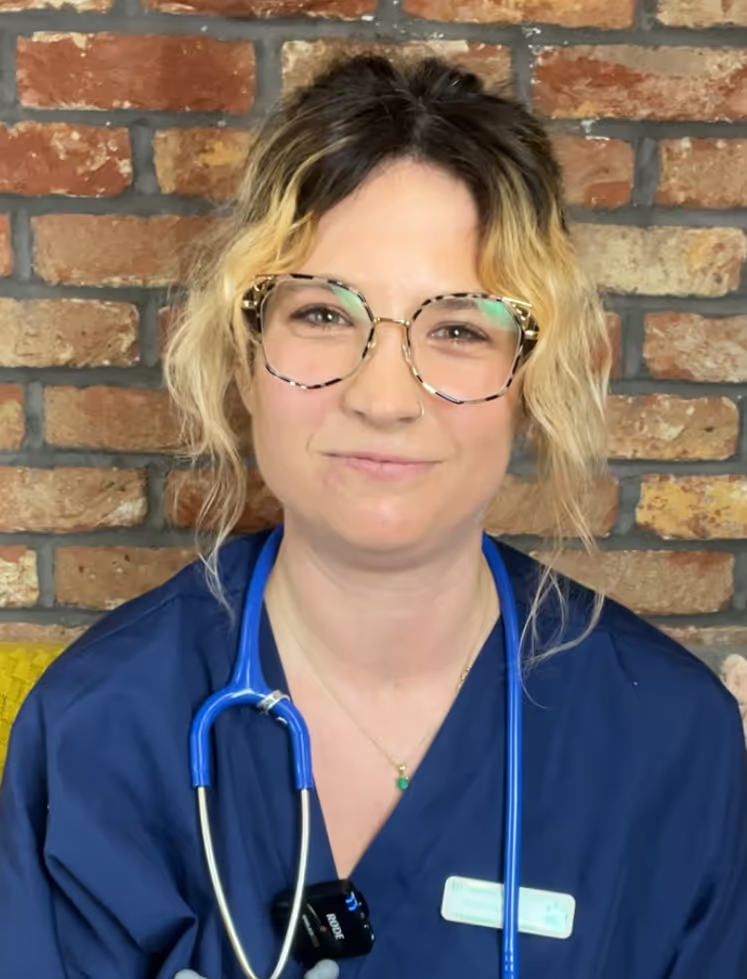Errors and Veterinary Identities: Practical Support
The blog discusses how veterinary professionals can improve workplace culture and mental wellbeing by challenging unhelpful professional discourses and supporting colleagues who struggle with their professional identities.


Introduction
In this second blog, we will build on veterinary identities learning to offer practical steps to raise awareness of and challenge unhelpful professional discourses and improve workplace culture and the everyday lives of vets in practice. We will also discuss how we can support vets struggling with flawed versions of who they are.
Professional discourses
Images of the ideal vet can be hugely beneficial for aspirational vets to aim for in their identity work. Ideals spur vets on to learn and grow as clinicians and to do their best for their patients and clients. The construction of preferred identities is also associated with feelings of happiness, self-assurance and pride. However, strong collective understandings of what makes a perfect professional can have a detrimental effect as vets encounter real-world cases that do not respond as expected, critical colleagues, and challenging clients. Vets talk of how the extremes of vetting can lead to widely varying emotions ranging from euphoria and gratification to devastation, guilt, and shame. Recognising professional anxieties and challenging attachment to veterinary ideals may help the profession and organisations better support vets to manage the highs and lows of their everyday lived experiences and so better manage their mental health.
The profession is changing and now talks more openly about veterinary error and promotes no-blame learning environments, but there is a persistence to inherent discourses of perfection and those that say ‘good’ vets do not make mistakes. We can assist by calling out these implicit assumptions and encouraging professionals to ask for and offer help following veterinary mistakes. We can also actively engage with, rather than distance ourselves from, those constructed as flawed vets, so people don’t feel isolated after making mistakes.
Easing the transition from university to practice
We may be able to assist with the transition from university to practice by introducing uncertainty into scientific teaching to help vets better cope with inevitable real-world incidences where presentations do not match textbook descriptions and animals do not respond or recover as expected. The anxiety created by assumptions of perfection, belief in idealised veterinary images, and the consequent dread of the imposition of ‘bad vet’ identities can lead to recent graduates struggling with decision-making for fear of doing something ‘wrong’. Increased comfort with uncertainty and unpredictability may assist individuals to step back from unexpected outcomes, ask for help, assess the case with colleagues, learn and move forward.
More experienced vets can also play a part by recognising and challenging their own and others’ behaviours emanating from the formation of preferred identities. Identities are inherently fragile, so comparing oneself to others who may be viewed as less experienced, knowledgeable or competent and incorporating those assessments into identity stories is universal. It is the language and behaviours experienced by others as denigrating that can cause harm, not just to those who are the object of the comparison, but also those who witness it, and this can be reflected on and adjusted. By extension, if you have experienced a colleague’s demeaning behaviour at work, it may help to know that this conduct likely stems from the comparator’s insecurity rather than the subject’s professional (in)adequacy. Knowledge of this type of comparative identity work may assist with viewing challenging behaviours in a different light and open up a wider range of opportunities for working with individuals to effect change.
Adjusting behaviours to be more collegiate and supportive has the added benefit of improving psychological safety and encouraging less experienced others to more readily ask for advice and guidance because they are less likely to be concerned about appearing ‘stupid’ or to form a flawed identity (and experience the associated anxiety and distress). The likelihood of adverse events may also be reduced as veterinary colleagues work together to solve problems, ensure the health and welfare of animals, and take better care of themselves and each other.
Managing veterinary errors
Dominant discourses within the veterinary profession may underpin the dichotomy of externalizing or internalizing blame for veterinary mistakes. Recognizing the conflict between the historic discourse of individual responsibility and the need to apportion blame versus the contemporary professional commitment to no-blame learning environments may assist vets to respond to mistakes more productively and to feel less isolated. Dismissing mistakes as emanating from external factors beyond the vet’s control or constructing them as a demonstration of innate personal failing may lessen the opportunity to learn. Whereas if we step back, complete a human factors assessment and recognise contributing elements, we can approach learning collectively and take steps to make practical changes to systems, processes, and environments to reduce the likelihood of future mistakes. We can also support each other to repair preferred identities rather than maintain flawed versions of ourselves.
Concluding thoughts
Hopefully, this second blog has provided food for thought on challenging unhelpful professional discourses, the impact identity work can have on colleagues, learning from veterinary errors, and how we can better support one another to repair preferred identities and manage flawed ones. Not only will changes in professional and workplace culture assist vets to manage everyday work experiences more effectively and improve their mental wellbeing, but it will also benefit the animals they treat, the clients they serve, and the businesses they work for.
If you’d like to discover more about how you can adapt the way you work as a team to make mistakes less likely, look out for tickets for the next Veterinary Patient Safety Summit, happening in 2026!
You can also join our monthly Patient Safety CPD meetings - the Veterinary Patient Safety Forum. This free event is online on the first Thursday of every month. Find out more here.







